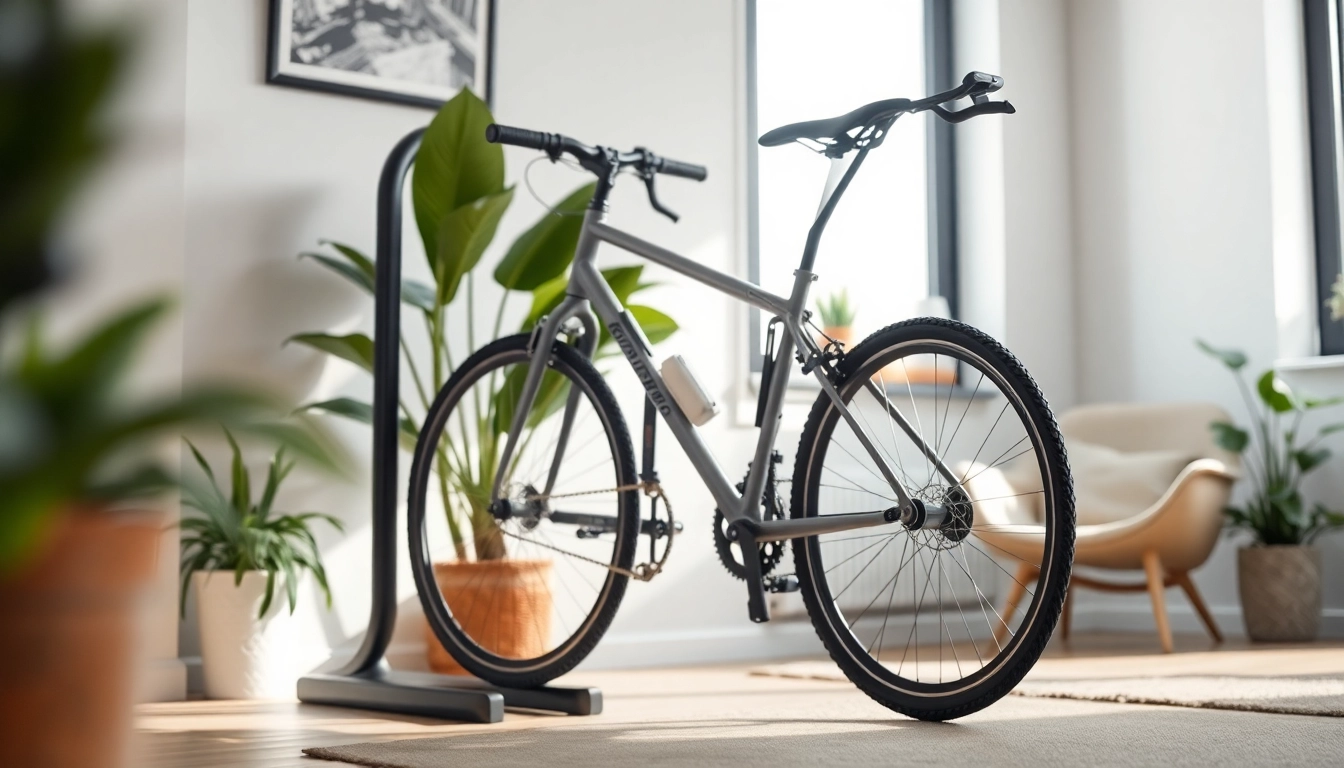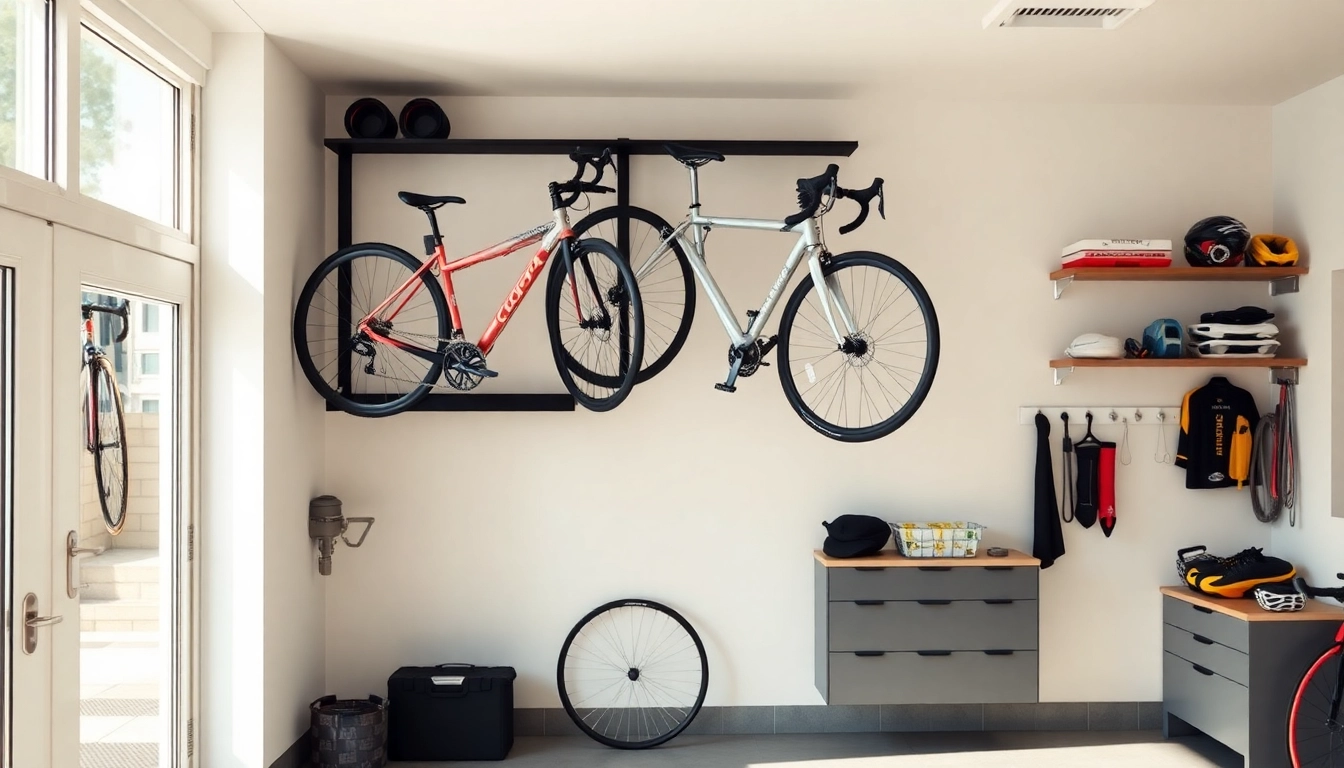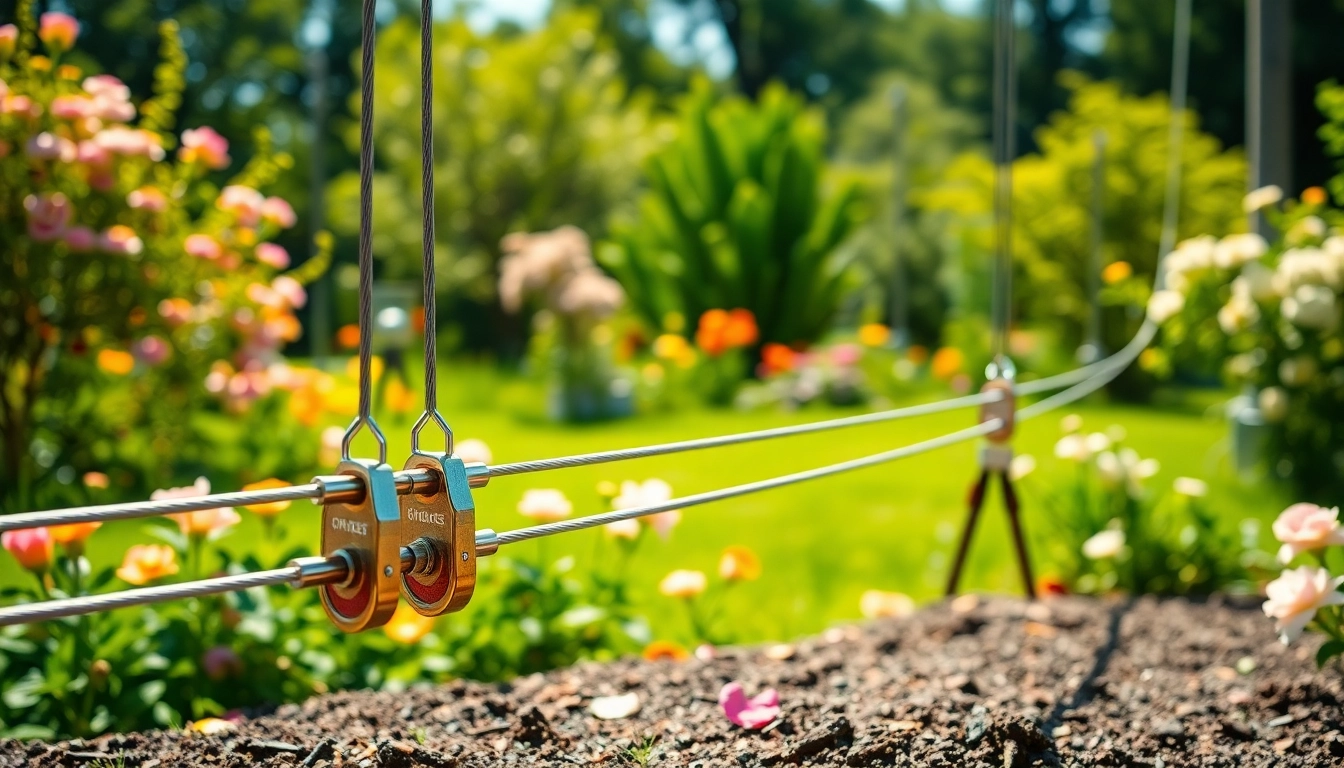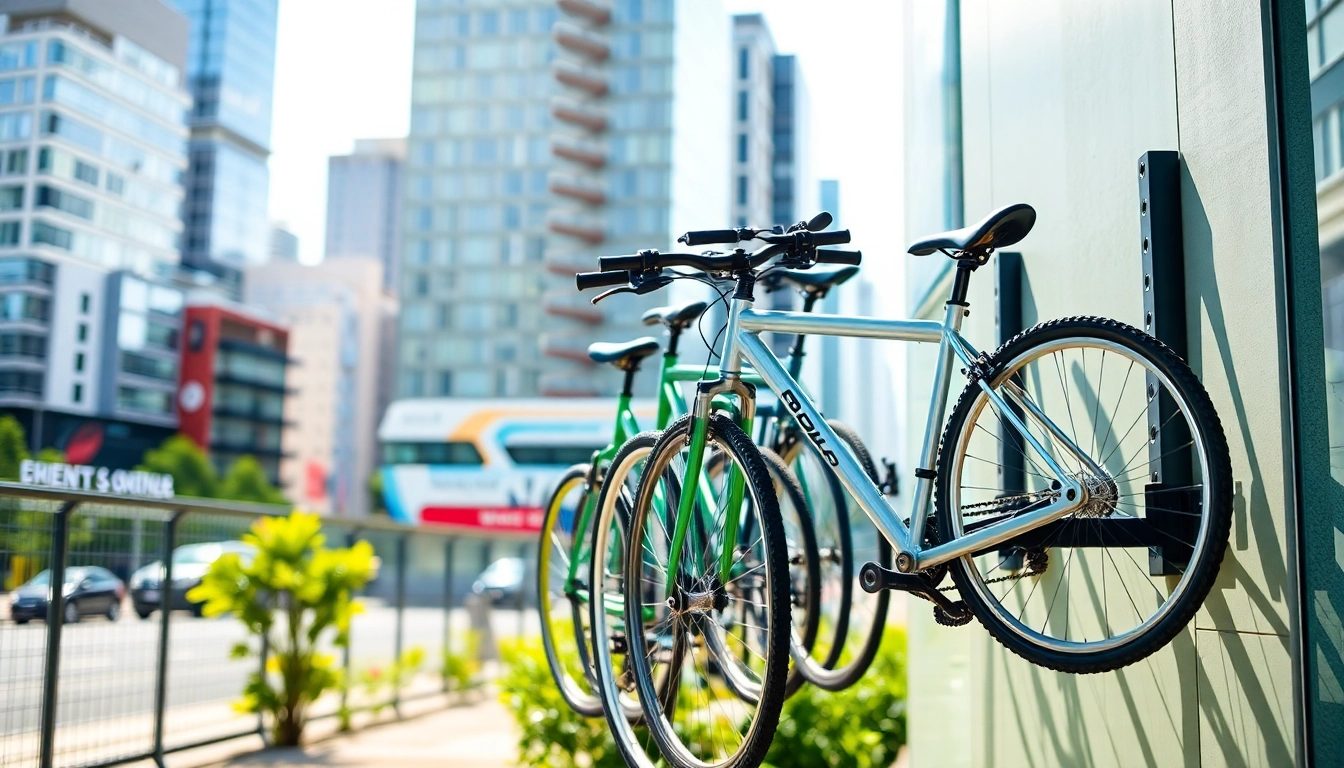
Understanding the Importance of a Bike Rack for Home
Storing bicycles in a home environment can often become a challenge, especially for households with limited space. A well-chosen Bike rack for home not only facilitates proper storage but also enhances accessibility, organization, and safety. Let’s delve into why a bike rack is essential and how it can revolutionize your space.
Why Every Home Needs a Bike Rack
Every household that includes cycling enthusiasts can benefit from a dedicated bike storage solution. A bike rack serves several practical purposes. Firstly, it keeps your bike secure and protected from the elements, prolonging its lifespan. Secondly, having a designated spot for bikes reduces clutter in living areas, which is especially crucial in smaller homes or apartments. Lastly, a bike rack can discourage theft when bicycles are stored in an organized manner, especially if they’re locked onto a secure rack.
The Benefits of Organizing Your Bike
Organizing your bicycle properly brings a multitude of benefits. Clear pathways and organized spaces enhance the overall aesthetic of your home and allow for easier navigation between rooms. Furthermore, a clutter-free environment minimizes the risk of accidents caused by tripping over bicycles left lying around. An organized bike storage solution also extends beyond convenience; it represents a lifestyle choice oriented towards health and fitness, contributing to a cleaner environment and a commitment to physical wellness.
Choosing the Right Location for Your Bike Rack
When selecting a location for your bike rack, consider the following factors: accessibility, visibility, and environmental protection. Ideally, the bike rack should be situated near the main entry point of your home, allowing easy access when you’re heading out for a ride. It’s also essential to ensure the spot is well-protected from harsh weather conditions like rain and snow. This combination maximizes both convenience and bike longevity.
Types of Bike Racks for Home Use
Choosing a bike rack is not a one-size-fits-all decision. Various types are available that cater to different space constraints, bike models, and user needs. Understanding these options will help you select the most suitable bike rack for your home.
Wall-Mounted Bike Racks: Space Savers
Wall-mounted bike racks are an excellent choice for homeowners with limited floor space. These racks typically consist of hooks or brackets that attach directly to the wall, allowing the bike to stand vertically or be hung. This option maximizes floor area while still keeping the bike readily accessible. The key advantages include:
- Efficient use of vertical space
- Cleaner, more organized appearance
- Easy installation and removal
Freestanding Bike Racks: Flexibility and Convenience
Freestanding bike racks are versatile and can be relocated easily, making them ideal for those who may change their living arrangements or require adaptability. These racks often accommodate multiple bikes and provide stability through weighted bases or built-in locks. Their primary benefits include:
- No permanent installation required
- Capacity to hold numerous bikes
- Suitable for any area, indoors or outdoors
Ceiling-Mounted Solutions: Getting Creative
Ceiling-mounted bike racks are perfect for maximizing space in homes with high ceilings. By suspending the bike from the ceiling, these solutions keep the bikes out of the way and provide a unique visual element. Some advantages include:
- Substantial space savings
- Protection from ground-level hazards
- Ideal for long-term storage
How to Select the Best Bike Rack for Home
Selecting the right bike rack can shape your biking experience significantly. Here’s how to ensure you make a well-informed decision that will suit your needs.
Material Considerations for Durability
The choice of materials heavily influences the durability and performance of your bike rack. Common materials include:
- Steel: Known for its strength and durability, steel racks can withstand considerable weight and stress. They are ideal for outdoor usage due to their resistance to wear and tear.
- Aluminum: Lighter than steel, aluminum racks are portable and rust-resistant but may not support as much weight as steel.
- Plastic: While less durable, high-quality plastic options can be affordable and lightweight, suitable for indoor environments.
Size and Compatibility with Your Bike
When choosing a bike rack, it’s vital to ensure that it accommodates the size, weight, and style of your bikes. For example, mountain bikes or fat tire bicycles may require specialized racks that can support their bulkier dimensions. Measuring your bike’s length, height, and width will prevent any disappointments during installation.
Design Aesthetics to Match Your Home Decor
Choosing a bike rack that complements your home decor is essential for maintaining a cohesive interior design. Bike racks come in various styles, colors, and finishes—some sleek and modern, while others may offer a vintage flair. Selecting a design that fits seamlessly with your existing furnishings will enhance both functionality and aesthetic appeal.
Installation Tips for Your Bike Rack for Home
Proper installation is crucial to ensuring your bike rack performs well while remaining safe and secure. Follow these essential tips for a successful installation process.
Tools You’ll Need for Installation
Before beginning your installation, gather the following tools:
- Drill and drill bits
- Screwdriver (manual or electric)
- Level
- Tape measure
- Pencil or marker for marking holes
Step-by-Step Guide to Installing a Wall Rack
- Determine the Placement: Choose the location for the bike rack and ensure it’s accessible.
- Measure and Mark: Use a tape measure to determine where the screws will go. Mark the spots with a pencil.
- Drill Holes: Depending on the wall type, drill holes for anchors or directly into wood.
- Secure the Rack: Align the bike rack with the drilled holes, insert screws/anchors, and tighten accordingly.
- Check Stability: Use a level to ensure the rack is straight before securing everything entirely.
- Test the Rack: After installation, gently place your bike on the rack to test its strength.
Common Mistakes to Avoid During Installation
Several common pitfalls can occur during the installation process that you should avoid:
- Skipping stability checks, which can lead to unsafe mounting.
- Choosing an unsuitable location that hinders bike accessibility.
- Neglecting to read the manufacturer’s instructions and guidelines, which can lead to improper installation.
Maintaining Your Bike Rack for Home
Once your bike rack is installed, regular maintenance will help ensure its longevity and safety. Here are some best practices for maintaining your bike rack.
Cleaning and Care Best Practices
Keeping your bike rack clean is essential for its appearance and durability. Here are some tips:
- Regularly wipe down metal surfaces with a dry cloth to prevent rust and corrosion.
- Use a gentle cleanser on plastic surfaces and avoid abrasive materials that can cause scratches.
- For outdoor racks, consider applying a protective coating to help resist the elements.
Checking for Stability and Safety
Every few months, inspect your bike rack for any signs of wear, rust, or instability. Tighten screws and fittings as necessary, and replace any components that show significant wear to maintain safety.
When to Replace Your Bike Rack
Understanding when to replace your bike rack is essential for safety. Consider replacing your rack if you notice:
- Visible signs of rust or extreme weather damage.
- Cracks in the structure or base that compromise stability.
- Failure to securely hold the bike after routine checks.
By following the guidelines laid out in this article, selecting the right type of bike rack, implementing proper installation and maintenance practices, you can enjoy a functional and aesthetically pleasing storage solution for your bicycle. A well-organized home with a dedicated bike storage area promotes a cycling-friendly lifestyle, encouraging you to ride more often while keeping your living space clean and safe.






